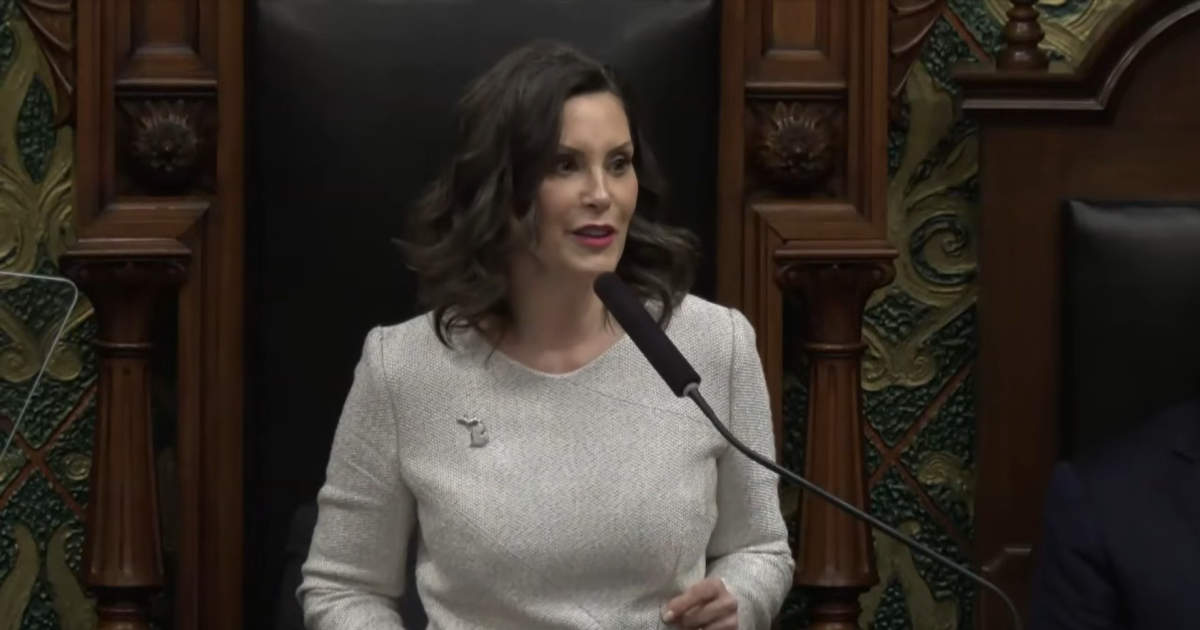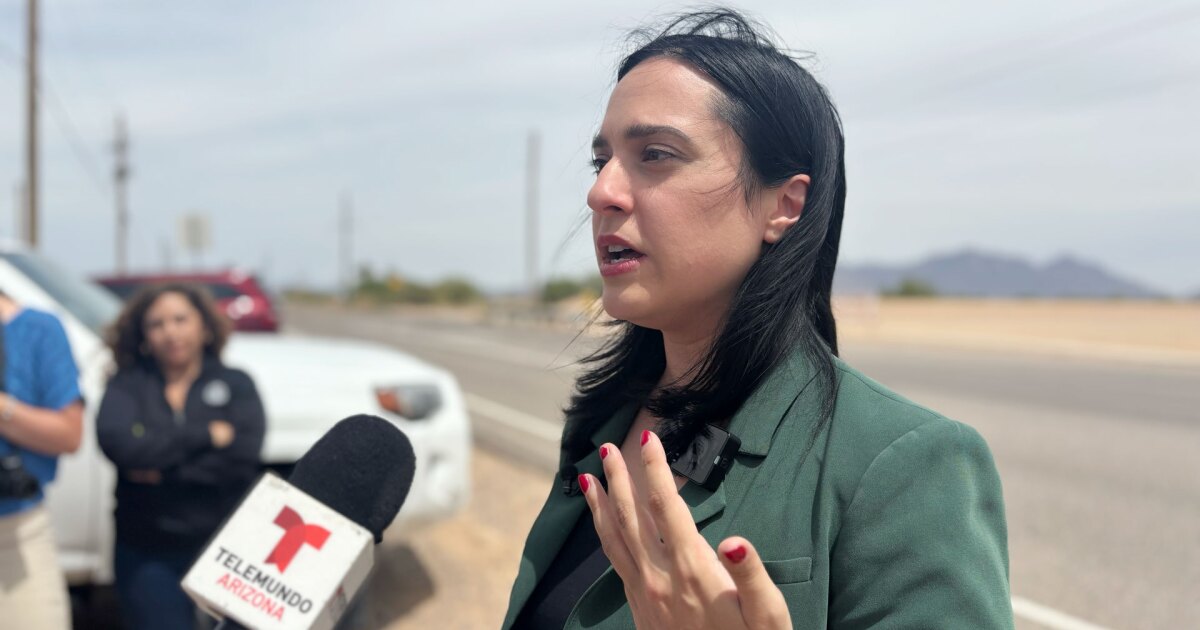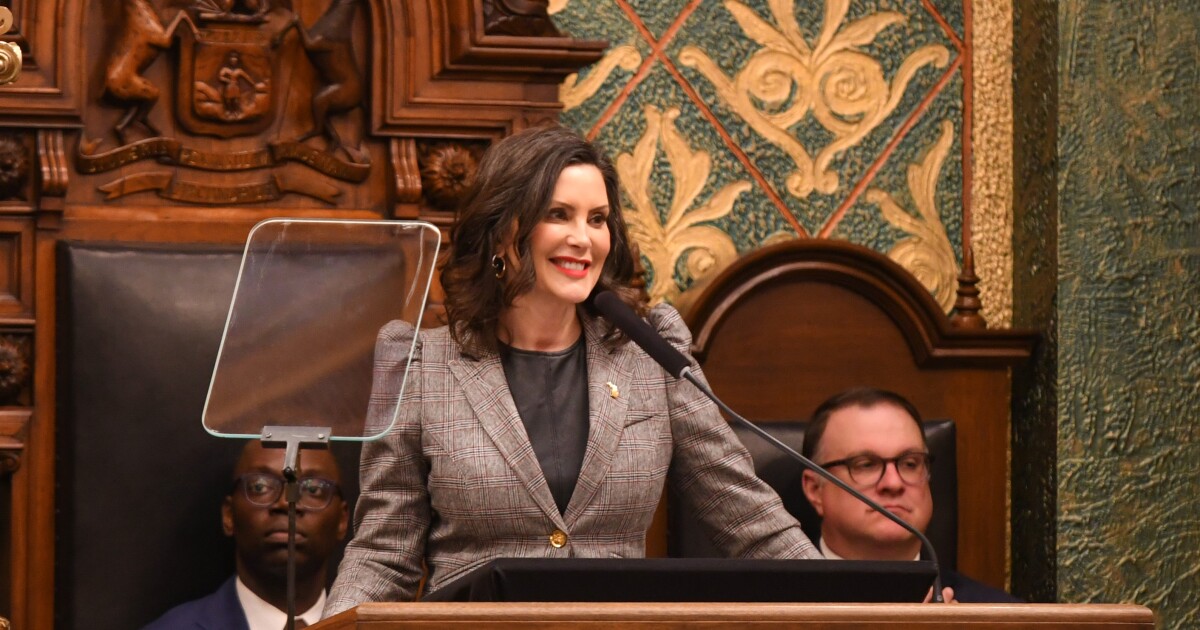TROY, Ohio — In the heart of Ohio, Sara Laughlin, a mother of three, has depended on the local Head Start program for years. This federally funded initiative has been crucial for her, providing care for her children and allowing her to maintain her job as a massage therapist. Head Start has been a lifeline for Laughlin, especially during challenging times like the end of a long-term relationship.
Laughlin was shocked to learn that Head Start faced potential elimination in President Donald Trump’s budget proposal. For many rural communities, including those in western Ohio, Head Start is indispensable, offering early childhood education, health, and nutrition services. It’s often the sole option for child care, allowing parents to work and educators to earn a livable wage.
Contrary to popular belief, Head Start is not just for urban areas. Nearly 90% of rural U.S. counties host Head Start programs, which serve almost half of the 716,000 children enrolled. This contrasts with 22% in urban districts. “These are communities that are underinvested in by philanthropy or the states where they are,” said Katie Hamm, former deputy assistant secretary for early childhood development at the federal Administration for Children and Families.
The Trump administration’s budget proposal puts Head Start at risk, and this uncertainty affects rural programs significantly. Many centers have faced funding freezes, staff layoffs, and regional office closures, causing tumultuous operations. The potential reduction in federal support could lead to a loss of 22,000 slots and 2,000 teachers nationwide.
Head Start provides vital support in rural areas, where poverty, food insecurity, and unemployment are rampant. These local programs are more than just educational centers; they are economic engines. By employing local residents and partnering with area businesses, Head Start boosts local economies. The program’s extensive support network also helps families like Heather Littrell’s, who found employment and stability through Head Start.
Despite the challenges, Head Start remains a beacon of hope and community support. Advocates emphasize the need for increased funding to maintain and expand services. Laurie Todd-Smith, overseeing early childhood programs at the Administration for Children and Families, acknowledges Head Start’s role in rural areas but suggests exploring cost-saving collaborations with state services. However, local providers argue that more funding is essential to continue offering comprehensive support to families in need.
To learn more, visit the Hechinger Report.
—
Read More Kitchen Table News









